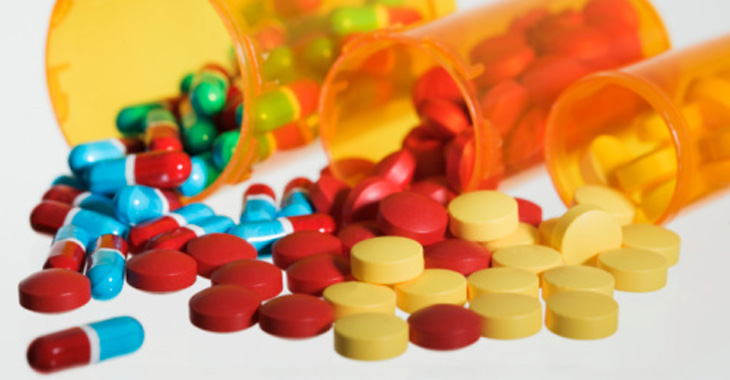
Best Reader Tips of 2021
This year reader tips led to dozens of ad alerts, as well as a complaint to regulators.
GlaxoSmithKline, LLC (GSK) has once again settled with regulators for alleged improper marketing of drugs for off-label uses. The company reached a $105 million settlement agreement this week with 44 states and the District of Columbia for its promotion of anti-depressants Paxil and Wellbutrin and its asthma drug, Advair. The settlement is the fifth it has had with regulators in recent years.
The complaint by the Attorneys General charged that GSK promoted Advair for the treatment of mild asthma when the FDA only approved it for treatment of more serious asthma conditions. Though doctors can prescribe medication for any reason, drug makers themselves cannot advertise medications for uses not approved by the FDA. The company, the complaint alleged, also concealed and misrepresented clinical studies that demonstrated Paxil’s ineffectiveness in treating children and teens with major depressive disorders and those that demonstrated a connection between Paxil and increased risk of suicidal thoughts and acts in adolescents. The company promoted Wellbutrin as a treatment for weight loss and sexual dysfunction through its “happy, horny, skinny pill” marketing campaign even though those were unapproved uses, regulators charged.
“Medical decisions are among the most personal and important decisions an individual makes, ‘’ said New York State Attorney General Eric Schneiderman, “and drug companies should be held accountable for misleading claims made in advertising.”
Settlement details
Under the settlement, the company – which admitted no wrongdoing — is prohibited, among other things, from making claims that a GSK product is better, more effective or has less serious side effects than other drugs unless the claims have been backed up by “substantial evidence or substantial clinical experience. ‘’ The company is also prohibited from presenting favorable information or conclusions from a study that is inadequate in design and scope and has to acknowledge if it is a funding source when submitting the study for publication. In addition, it has to stop providing samples of GSK products to health care professionals who are expected to prescribe them for off-label uses.
The company also has to continue a program that reduces financial incentives for sales reps to engage in deceptive marketing and start ending direct payments to health care professional for speaking engagements and attendance at medical conferences.
Past history of trouble
This isn’t GSK’s first encounter with federal regulators on its marketing of Paxil and Wellbutrin for off-label use. In 2012 the company settled criminal charges it illegally marketed the drugs and withheld safety data from U.S. regulators. In that case, which regulators called the largest health care fraud in U.S. history, the company paid out $3 billion and entered (irony noted) into a corporate integrity agreement.
Other companies
In November, Johnson & Johnson agreed to a $2.2 billion settlement in an off-label use case involving its anti-psychotic drug Risperdal. And last July, Wyeth Pharmaceuticals, which Pfizer acquired, paid out $490 million to settle an off-label case involving its organ transplant drug, Rapamune.
Read more here about issues surrounding off-label promotions of drugs.
This year reader tips led to dozens of ad alerts, as well as a complaint to regulators.
Supplement MLM takes down dozens of deceptive claims following TINA.org investigation.
TINA.org files brief urging court to deny final approval of settlement that is unfair to consumers.


